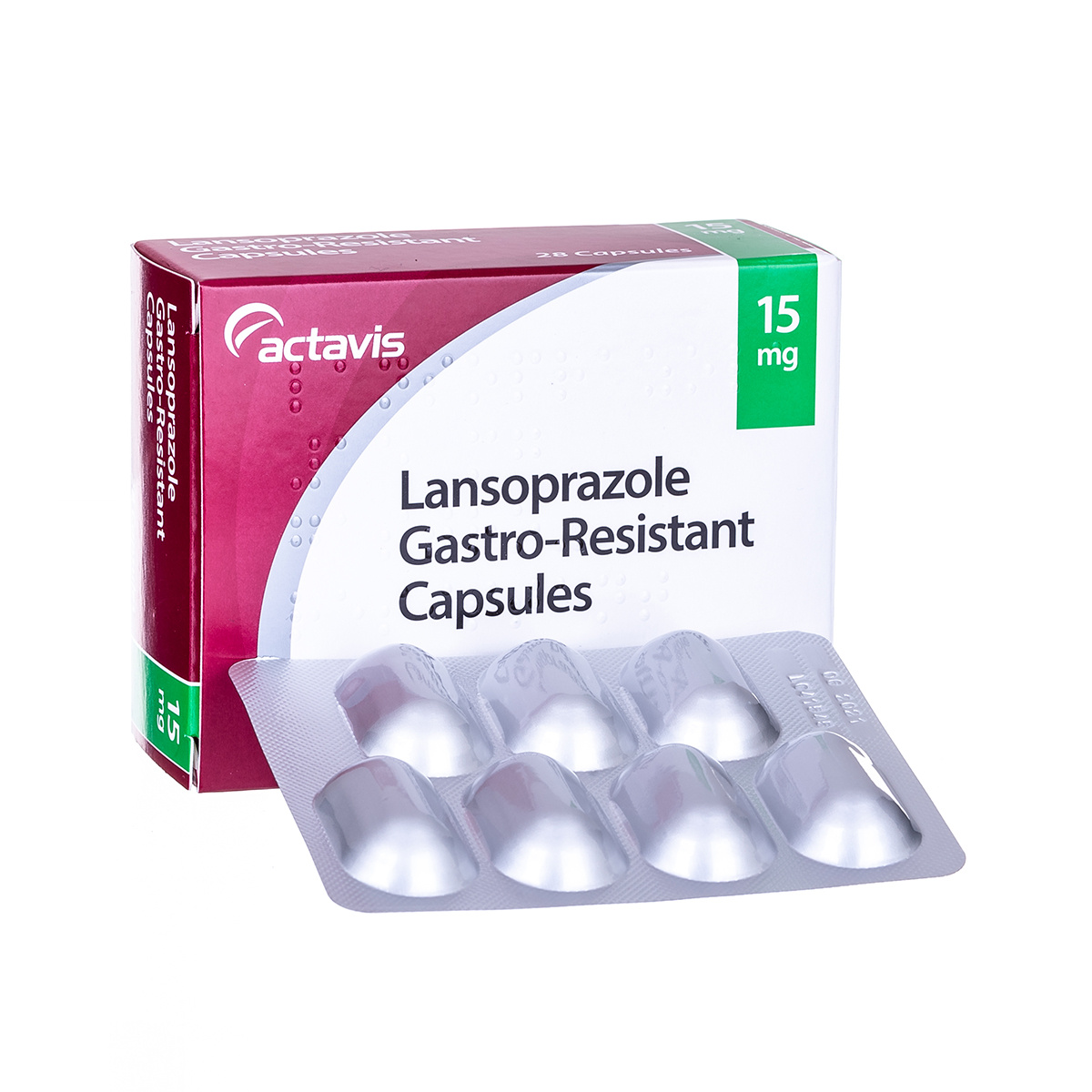Mounjaro UK
£80.00
- 2.5mg/0.5mL
- 5mg/0.5mL
- 7.5mg/0.5mL
- 10mg/0.5mL
- 12.5mg/0.5mL
- 15mg/0.5mL
- CHOOSE YOUR DOSE AND FILL IT IN WHEN CHECKING OUT,AS THERE IS A SPACE FOR THAT
Categories: Uncategorized, Weight Loss Pills
Mounjaro UK
Mounjaro
Mounjaro is an injectable treatment for people with type 2 diabetes who have high blood sugar (blood glucose) levels. It contains the active ingredient tirzepatide. Mounjaro should be taken alongside a diet and exercise plan to reduce blood sugar levels naturally.
Mounjaro is usually prescribed if you cannot take metformin, another type 2 diabetes treatment. It can also be used alongside other treatments if they do not control your blood sugar levels. You can only get Mounjaro on prescription.
Is Mounjaro available for weight loss?
Mounjaro is a new treatment recently approved in the US Food and Drug Administration (FDA) for type 2 diabetes.
Although Mounjaro is unavailable for weight loss, other injectable medications and weight loss treatments are available in the UK.
How does Mounjaro work?
Mounjaro contains the active ingredient tirzepatide. It is the first medication that imitates 2 different hormones that can reduce blood sugar. These hormones are:
- glucagon-like peptide-1 (GLP-1)
- glucose-dependent insulinotropic polypeptide (GIP)
Both GIP and GLP-1 increase the production of insulin in your body. Insulin is essential for reducing and maintaining blood sugar levels. When injected, Mounjaro can help people with type 2 diabetes to control and manage high blood sugar levels. mounjaro weight loss,
Mounjaro also increases the time it takes to empty your stomach, which means your blood sugar levels are less likely to spike (get too high). As an added benefit, slowing down the emptying of your stomach makes it easier to feel fuller for longer, which can also help with weight loss.
Mounjaro can also improve the way your body breaks down sugars and fats, leading to weight loss in some patients.
How long does it take for Mounjaro to work?
Mounjaro should start working immediately, but it may take several weeks until your blood sugar is at a normal level.
What are the side effects of Mounjaro?
Mounjaro has some side effects, although not everybody will get them.
Very common side effects of Mounjaro include:
- diarrhoea
- feeling sick (nausea)
These side effects are not usually severe and are most likely to happen when you first start taking Mounjaro. Mounjaro is introduced gradually to reduce these side effects, allowing your body to adjust to the treatment. Very common side effects should improve within a few weeks, but speak to your doctor if they persist.
Mounjaro can also cause low blood sugar when used with other medicines for type 2 diabetes, such as insulin. Tell your doctor if you get symptoms of low blood sugar, which include shaking, sweating, dizziness, hunger, and an increased heart rate.
Common side effects of Mounjaro include:
- fast pulse
- mild to moderate allergic reaction, such as eczema, itching, or rash
- decrease in appetite
- pain in the stomach
- vomiting (being sick)
- constipation
- indigestion
- bloating
- gas and burping
- heartburn or reflux
- fatigue
- an increase in the levels of pancreatic enzymes, which will show up on a blood test
- itching, redness, or irritation at the injection site
Uncommon side effects of Mounjaro include:
- gallstones
- an increase in calcitonin (a hormone that helps to control calcium levels)
How to manage the side effects of Mounjaro
To manage the side effects of Mounjaro, you can:
- take your treatment at the same time and day each week
- manage nausea symptoms by sipping cold water, avoiding greasy, heavy meals, and eating smaller meals more often
- make sure to eat enough fibre (if you get constipation)
- stay hydrated if you have diarrhoea or nausea
- take anti-diarrhoea tablets
- only take the dose prescribed to you and avoid increasing your dose unless your doctor tells you to
- let your doctor know if you have any side effects that bother you or aren’t going away on their own
- speak to your doctor if you take other medications that may interact with Mounjaro or cause side effects
Are there any long term side effects?
Mounjaro is not known to cause any long term side effects. If you do get any side effects, they will probably go away or get better within a few weeks or will stop when you stop taking the medicine.
Are there any serious side effects of Mounjaro?
Mounjaro, like other medications, can cause a serious allergic reaction. This is known as anaphylaxis and causes breathing difficulties, throat, face and mouth swelling, and fainting.
Mounjaro can also cause an inflamed pancreas, known as acute pancreatitis. This requires urgent medical attention, so speak to your doctor or call 111 or 999 if you have intense and persistent stomach and back pain.
How to take Mounjaro for type 2 diabetes
When taking Mounjaro for type 2 diabetes, it should be injected once weekly, at the same time and day of the week. Your dose is increased slowly, and each pen is pre-filled with the correct dose.
You can use Mounjaro at any time in the day but make sure this is the same time every week.
Who can use Mounjaro?
Mounjaro is suitable for people diagnosed with type 2 diabetes who need help regulating their blood sugar levels.
You should not use Mounjaro if you are allergic to any of the ingredients in the injection, especially tirzepatide. Mounjaro is also unsuitable for anyone under the age of 18. If you are pregnant or breastfeeding, Mounjaro is not recommended.
Speak to your doctor before using Mounjaro if you have:
- a severe health condition that affects the emptying of your stomach, such as severe gastroparesis
- an eye condition, such as diabetic retinopathy
- ever had pancreatitis, which is an inflammation of the pancreas
Interactions with other medications
Mounjaro may interact with other medications, so speak to your doctor if you take any prescription or over-the-counter medications, or herbal remedies. You should also inform your doctor if you use another diabetic medication, especially insulin or sulphonylurea.
Interactions with food/drinks
No food or drink interacts with Mounjaro, but you may want to avoid excessive alcohol consumption. Alcohol can affect your blood sugar levels and make Mounjaro less effective.
Will tirzepatide become available for weight loss in the UK?
Tirzepatide is currently unlikely to become available for weight loss in the UK soon.
When approving a new medication, it must go through clinical trials to ensure it is safe and effective. This can take several years. Tirzepatide may be available in the future for weight loss, but for now, other similar, effective medications are available.
What medication can I take to help me lose weight?
If you are looking for a weight loss treatment, many options are available in the UK, depending on whether you want an injection or a tablet.
Weight loss injections
The weight loss injections currently available in the UK include:
- Saxenda, which contains the active ingredient liraglutide, is taken once daily and is gradually increased to a maximum dose of 3mg a week
- Wegovy, a new weight loss treatment which contains semaglutide, is taken once a week and has a maximum dose of 2.4mg
- Victoza, an ‘off label’* medication when used for weight loss, contains the active ingredient liraglutide and is taken once a day
- Trulicity, also available ‘off label’ as a once-weekly injection and contains the active ingredient dulaglutide
These injections are all used as type 2 diabetic treatment but can also contribute to weight loss.
*If a medication is prescribed as ‘off label’, a doctor can prescribe it for something other than its primary intended use.
Weight loss tablets
A range of weight loss tablets are also available if you do not want to use an injectable pen. These include:
- Xenical, a prescription medication containing orlistat, which causes around a third of the fat eaten at meals to be excreted rather than digested
- orlistat, an unbranded version of Xenical, which works in the same way
- Alli, an over-the-counter version of orlistat, which comes in a lower dose
- Mysimba, a prescription medication that contains bupropion and naltrexone hydrochloride, which work on the areas of your brain controlling energy and hunger levels
Reviews
There are no reviews yet.
Related products
Uncategorized
£50.00 – £470.00
Uncategorized
£12.00
Uncategorized
£40.00
Uncategorized
£1,600.00
Uncategorized
£29.00 – £100.00
Uncategorized
£100.00 – £260.00
Uncategorized
£58.00
Uncategorized
£25.00












Be the first to review “Mounjaro UK”